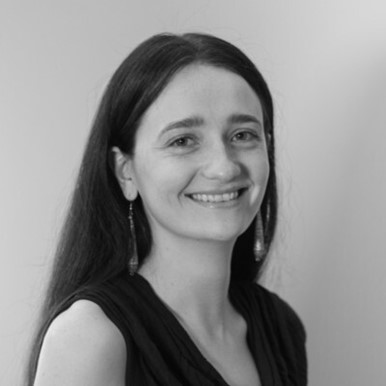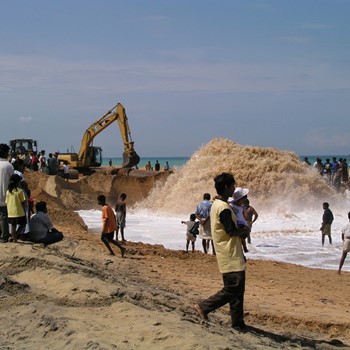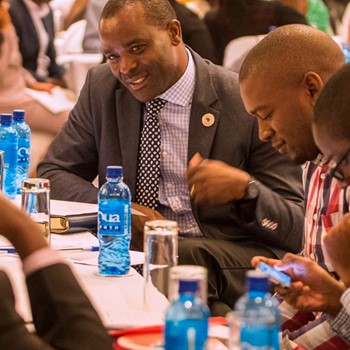Climate change affects everyone, but its impacts are not evenly distributed. The most marginalised in society, including women, young girls, the elderly and persons with disabilities, bear the brunt of climate-related disasters such as droughts, heatwaves, floods and cyclones.
There is no doubt that climate justice can be achieved if everyone is included in climate action, especially the vulnerable. Inclusive climate action can reduce the effects of climate change on the most vulnerable and ensure the benefits of climate action are equitably distributed.
The 18th International Conference on Community-Based Adaptation to Climate Change (CBA18), held in May in Arusha, Tanzania, highlighted the importance of inclusivity in climate action. This year's conference encouraged participants to reflect on how to 'decolonise climate action' and foster LLA.
The session also focussed on intersectionality in climate resilience efforts, showcasing both successful practices and challenges in promoting gender equality, disability rights and social inclusion. It underscored the significance of meaningful participation, particularly from persons with disabilities and fostered peer learning through diverse perspectives. The session also generated recommendations for advancing intersectional approaches and decolonising climate knowledge and action.








